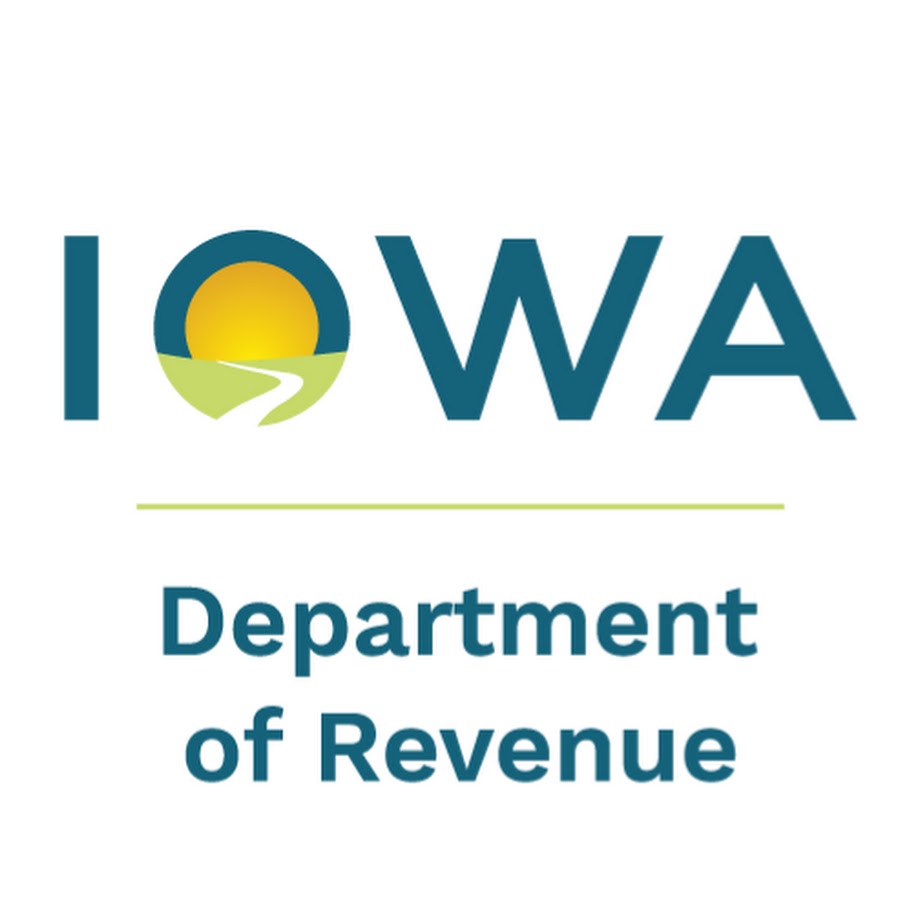NOTEBOOK: Of Boji, Boz and blue water

PERRY BEEMAN Aug 15, 2016 | 7:59 pm
6 min read time
1,403 wordsAll Latest News, Business Record Insider, Energy, The Insider NotebookLast weekend’s Okoboji Blue Water Festival at the Iowa Great Lakes treated a huge crowd on a spectacularly nice weekend to table after table of information about how volunteers and their government and nonprofit organization friends are trying to address water quality challenges such as farm runoff, zebra mussels and the curly pondweed that covered the north end of East Okoboji Lake early in the season.
I decided to write about the festival’s most newsworthy moment — a panel discussion of statewide authorities Saturday afternoon — because many of you visit the Iowa Great Lakes. I took a break from a grueling day of fun and sun to learn something for you, our valued members. The panel was held in a tent a few hundred yards from West Okoboji Lake near the famed Historic Arnolds Park amusement park.
Later, I attended a free concert by blues-rock-pop singer/guitarist Boz Scaggs at nearby Preservation Plaza, because I didn’t want to short organizers by not soaking up the whole experience. It was a sacrifice I had to make. (Side note: Local volunteer extraordinaire Greg Drees deserves credit for his work to lure Boz to Boji. From the stage, Scaggs thanked organizers for taking him boating and feeding him like royalty. Scaggs worked in a visit to the Iowa Great Lakes Maritime Museum, too, locals reported.)
The panel spent two hours attempting to figure out how to improve Iowa’s water quality and how we are going to pay for it. Appearing were Sean McMahon, executive director of Iowa Agriculture Water Alliance; Iowa Department of Natural Resources Director Chuck Gipp; Susan Heathcote, water program coordinator for the Iowa Environmental Council; Des Moines public works Director Jonathan Gano; Jennifer Terry, who works on water issues for Des Moines Water Works; and Keith Schilling of the Iowa Geological Survey at the University of Iowa. Joe McGovern, president of the Iowa Natural Heritage Foundation, moderated.
There were people in the audience who have been working on these issues for decades in the Okoboji area: Drees, who served on the Iowa Natural Resource Commission, water quality monitoring coordinator Jane Shuttleworth, photographer and explorer David Thoreson and Sen. David Johnson, who is pushing for a new sales tax to help clean waterways.
Here’s some of what they had to say about the prospects of funding for water quality work, including the Natural Resources and Outdoor Recreation Trust Fund. Voters approved a constitutional amendment in 2010 that would provide $150 million to $180 million for trails and other recreation, soil conservation and water quality work, should lawmakers agree to raise the sales tax by three-eighths of 1 percent. So far, they haven’t, angering many who saw the trust vote as a mandate. Iowa’s constitution does not allow voters to decide by referendum to tax themselves, which is possible in some other states.
Gipp: The DNR director said he is a dairy farmer who got interested in environmental issues when pollution threatened groundwater in his home area of Decorah, and later became a legislative leader before taking a job as what he termed “a bureaucrat.”
Gipp said those who favor the new sales tax for conservation and recreation better be vocal. “If you want your legislator to vote for that, you have to support them because there will be other people who say they are going to take you out of office if you vote for that. Your elected officials are very accessible. It’s not every state in the nation that has that. They need to hear from you.”
Will we see significant new spending? “It is going to take the realization that you can’t take the existing funding away from some of the other key functions of state government,” Gipp said. “There are needs at the state parks and schools. We are going to get to the point where you know we are going to need a new source of dollars to do this. We certainly can’t take the sales tax that currently is used for schools. We can’t take away the infrastructure dollars (from gambling revenue) that fixes up state infrastructure. We used to get $5 million to fix state parks. But in the debates, $2 million was taken away, and $500,000 was taken away from fixing low-head dams that are drowning people. You need to understand that if you are going to have funds for water quality work, you are going to have to fund them separate from everything else.”
Terry: Another dairy farmer who eventually worked for the Iowa Environmental Council and now Des Moines Water Works, Terry said she isn’t afraid to “call B.S.” when she hears it from agricultural interests. She’s in the middle of one of Iowa’s most testy environmental debates — Water Works’ federal lawsuit against three northwest Iowa counties on farm runoff — and was filling in for Water Works chief Bill Stowe, who couldn’t make it.
“One obstacle that you have is you have entities in the state of Iowa who speak in public and say that Iowans didn’t know what they were voting for (in the 2010 constitutional amendment vote). I beg to differ. Iowans knew what they were voting for, and it’s just never been funded. It can’t all come from public monies; some of it has to come from private sources. So we’re exploring that avenue.”
“Try not to say ‘funding’ without adding the words ‘holistic framing’ and ‘accountability,’ ” Terry added. “We’ve had a lot of funding in certain areas of the state, and we don’t have a lot to show for it. I’m encouraging people to talk about sustained, adequate, long-term funding for 20 or 30 years, not for three-year projects. And not for $9 million a year that is sprinkled across 70 counties. We need a holistic plan that includes all aspects of the watershed.”
McMahon: McMahon talked of encouraging major companies like Coca-Cola to work to promote conservation on the farms that provide the corn that is turned into sweeteners. Another idea: using pollution credits to encourage more conservation.
Something has to change, he said. “At our current rate of state investment, it would take too long, by some standards more than a century, to implement the Nutrient Reduction Strategy. Most people would agree that isn’t a reasonable amount of time. We’re looking for smarter, more targeted ways to make those dollars go further. We need more watershed planning and water quality monitoring. We’re looking beyond the public cost-share model and looking at how we can bring in more private investment. How can we find market-based ways to find solutions?”
Gano: “We have a lot of work to do. We will be spending $111 million in concert with the wastewater authority in our region to raise our levees and bring them into full compliance with today’s standards. There is a limited amount you can raise a bridge or levee, and I think we will find out you can have a great effect by making a similar investment out on the landscape (which can help water quality).”
McGovern: “What does water quality mean to you? Do we only mean just water quality at the tap? If we drink clean water, is that enough? Or do we want to have our lakes be something we want to swim in in late August or September? Or be able to fish. Does it mean more wildlife, more duck hunting? We all want the same thing. How do we get there? That’s what we are trying to do in the state, not find out who’s to blame, or how do we pay for it. How do we get there?”
Heathcote: Heathcote said the solutions need to be broad and well-planned.
“I want to make sure we don’t see the Nutrient Reduction Strategy (which calls for voluntary work by farmers) as our whole plan. I want to make sure we look more broadly at water quality. We have to also recognize that the largest cause of impairments to our rivers and streams in Iowa is bacteria. A majority is coming from or landscape, from agriculture.”
Branstad comment today: At his weekly news conference this morning, Gov. Terry Branstad noted many farmers are using cost-share money from the state to continue work on conservation. But he added, “It’s evident that everyone has a role to play in improving our water quality, and we look forward to water quality funding being a focal point of discussion in the upcoming 2017 legislative session.”










